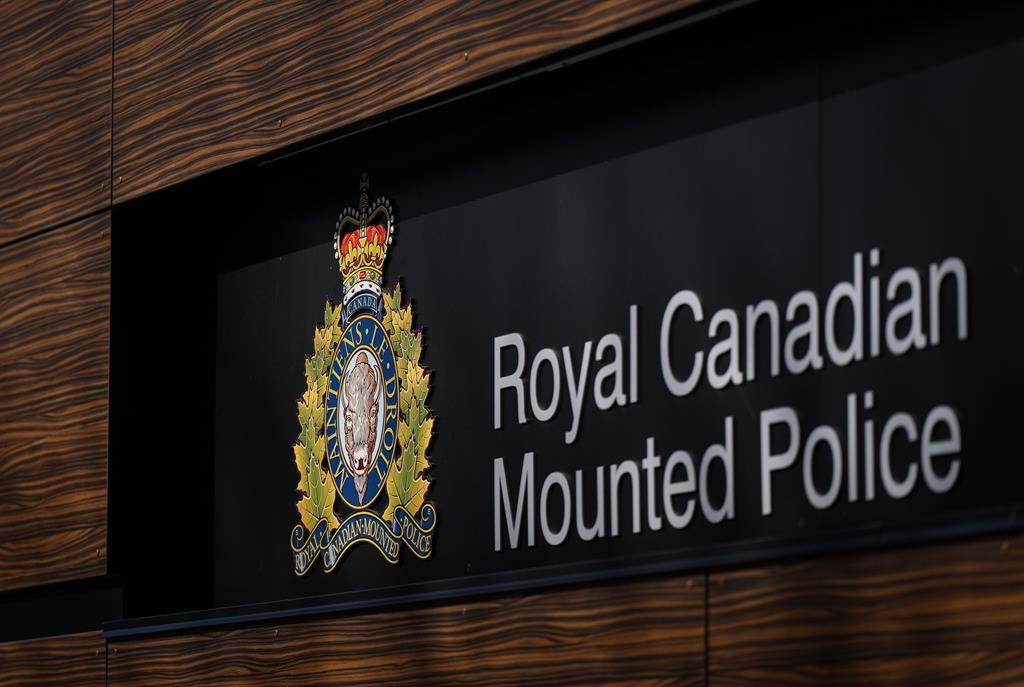One in every 200 people in Nova Scotia identify as trans or non-binary: StatsCan
Posted May 14, 2022 04:57:00 PM.
New data from Statistics Canada shows that Nova Scotia makes up the highest proportion of trans and non-binary people aged 15 and older, while Halifax has the second largest representation of gender diversity in Canada’s large urban centres.
One in every 200 people in Nova Scotia identify as trans or non-binary, a number that increases to one in every 100 people aged 15 to 34 in the province.
Statistics Canada concluded that one in every 300 people in Canada aged 15 and older identify as trans or non-binary, making up one-third of one per cent of the country’s population. The Census also found that just under one in every 100 young adults aged 20 to 24 identified as non-binary or trans.
Not only is this the first time the country has collected census data about trans and non-binary people, Canada is the first country to do so.
In an interview with CityNews Halifax, Gerry Dart, a coordinator at prideHEALTH, noted that the fact that trans and non-binary people are comfortable enough to “come out in terms of census data” shows significant progress in understanding gender diversity.
Many of the individuals self-identifying as trans or non-binary in the latest Census were younger people (i.e., Gen Z), a trend Dart expects to see continue in future years.
Dart pointed out that part of the reason Canada is seeing higher rates of gender diversity among young people is the ongoing HIV/AIDS pandemic that wreaked havoc on queer communities in the 1980s and ‘90s.
“A lot of the members of this community, and a lot of the trans folks, did not make it to today, or they didn't feel like they could ever come out,” Dart said. “So it's not necessarily that Gen Z has the most queer and trans people, it’s that now people feel comfortable coming out, and they’re also still alive.”
While Dart noted that society is talking more and more about gender dysphoria and its negative effects on trans and non-binary individuals, they also believe it’s important to consider the other end of that spectrum: gender euphoria, a term that Dart explains as “the positive aspects of being non-binary and as a gender fluid person.”
According to Dart, euphoria can come from clothing, hormones, or medical transitions, but also from legal transitions like a name change or a gender marker on a passport or driver’s license.
While many American states continue to introduce anti-trans legislation in the form of education and sports bills, Dart gave a reminder that “at the core of humanity, we need to understand and accept everybody for who they are.”
“We really like to put people in boxes… but what we need to remember is that we are all human beings, and we deserve respect for who we are,” Dart said.








